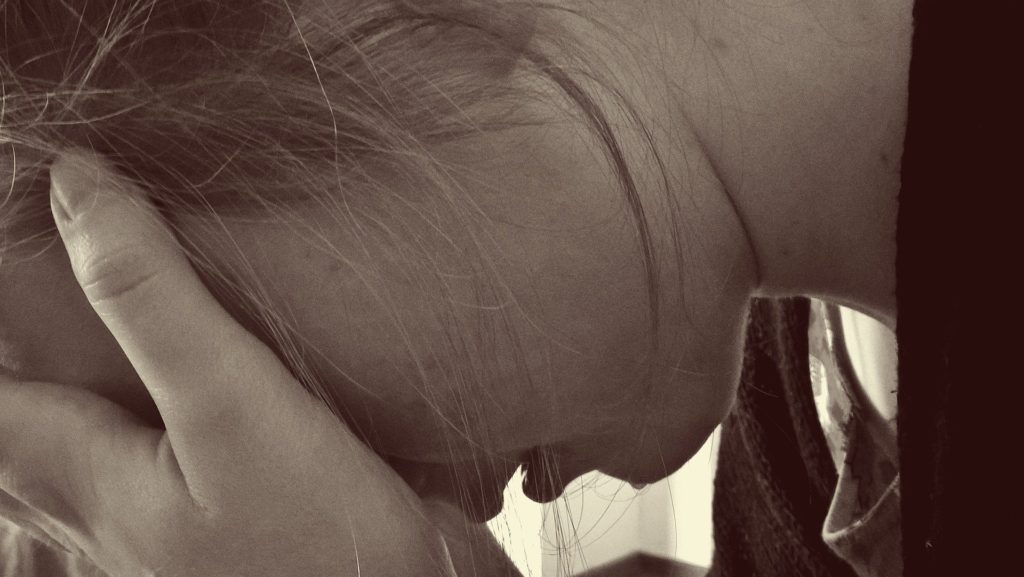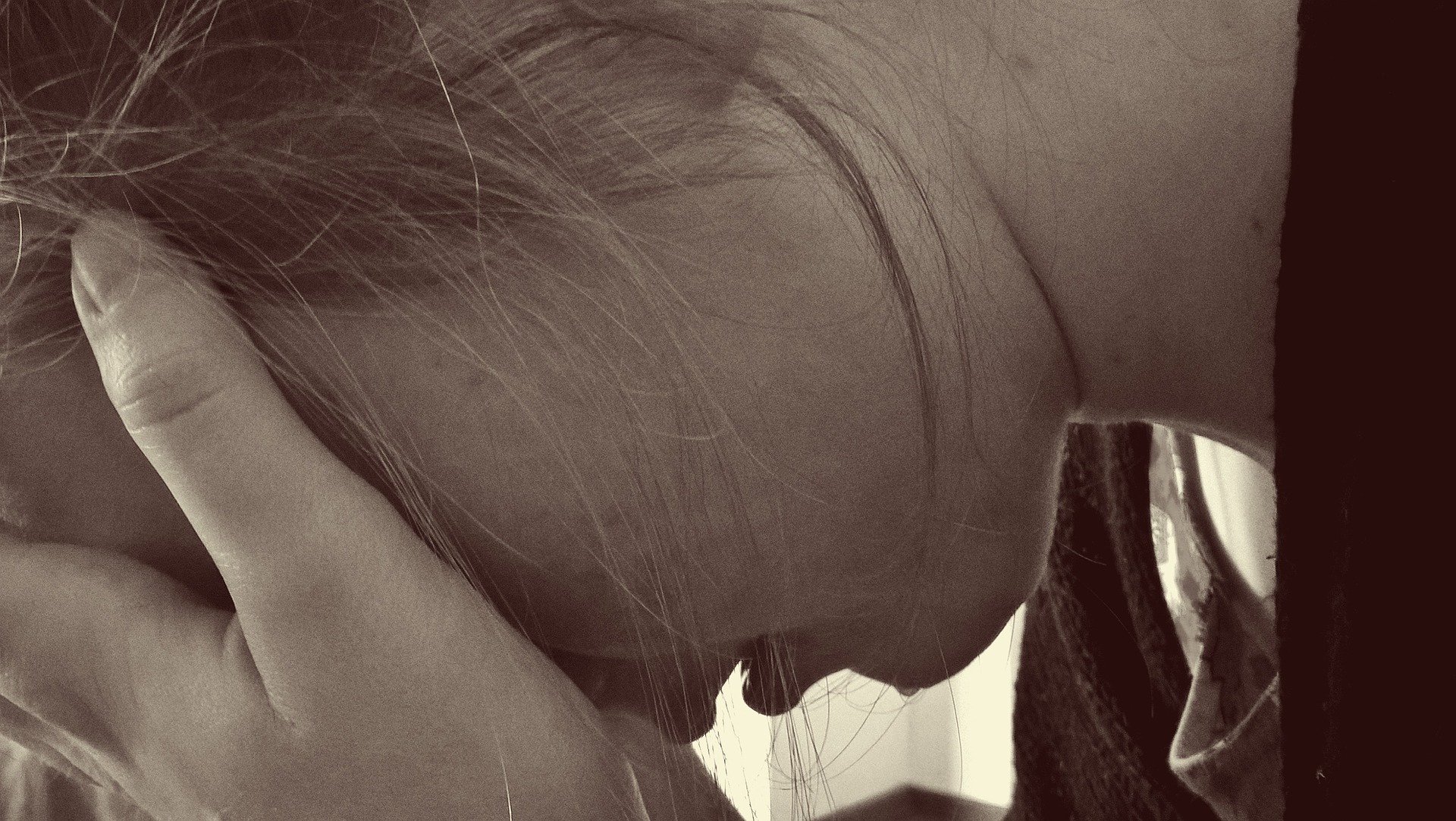
One in four women face domestic violence, but it is not something that only affects women. In fact, it does not discriminate at all, regardless of age, race, religion, or sexual orientation. People think of domestic violence and they immediately think of a guy hitting his girlfriend or wife. There is a lot more to it than that, and the effects on the family are astronomical. The only way to battle this abuse is to have as much knowledge on it as possible.
What is Domestic Violence?
The first step in combating domestic violence is to know what domestic violence actually is. It is any behavior that causes physical harm, but also creates a fear in the partner and forces them to do things they would not do normally. Domestic violence uses both power and control through coercion, threats, intimidation, emotional abuse, isolation, minimizing a situation, privileges, money, or even power. If you need help with a domestic violence case, contact Takakjian & Sitkoff, LLP. They will guide you through the process.
Some examples of domestic violence include the following:
- Preventing the partner from obtaining a job so she or he has to rely on money being given
- Threatening to leave or commit suicide if they leave
- Destroying property in front of the partner to induce fear
- Putting the partner down or making him or her feel guilty
- Not allowing the partner to talk to or visit friends
- Making light of the situation
- Using the children as pawns
Warning Signs of Domestic Violence
Domestic violence has a different appearance in every relationship and it can mask itself at the beginning. There are often warning signs that will let you know that something is not right. It is not always something that happens overnight. Your partner may start to show extreme signs of jealousy when you are spending time away from them. You may be noticing your partner is controlling everything you do with money or tell you that you are a bad parent. With physical violence, you may notice your partner driving recklessly when you are with him or her or starting to grab you forcefully.
Emotional abuse usually starts with blaming you for things they do or accusing you of doing something they actually do. Domestic abuse also includes using sex or forcing pregnancy to keep a relationship going when you want out. Using family finances is a common form of silent abuse with subtle warning signs that are easy to ignore, including simply preventing you from knowing they have a second account and only seeing some of the money made. Finally, digital monitoring is a newer form of abuse by using phone apps to track your movements or needing the passwords to all of your email or social media accounts.
Effects on the Children
Rarely does domestic abuse not affect the children, even if they do not see or hear the attacks happen. Much of this is due to the fact there is increased tension in the house, especially if the parents are not speaking to each other. They can also pick up on a parent acting afraid of saying or doing the wrong thing. The effects it has on the children can come out in a variety of different ways.
Children may start to exhibit signs of stress in physical forms, such as headaches, insomnia, stomach problems, and even bedwetting. As children age, they may start to turn to substance abuse or battle autoimmune issues as complications to the increased stress in childhood. However, the effects are not always displayed in physical ways. Children who live in a home with domestic abuse are often quiet, withdrawn, depressed, or even suicidal. They often feel they are responsible for the tension with the parents and can find themselves unable to control their emotions. However, if they feel guilty for their inability to help the parent being abused, they may turn to anger to the other parent.
Children likely have a lot of behavior changes in a home with abuse and will often regress on developmental milestones. Tantrums, separation anxiety, overreactions, inability to form relationships with peers are all side effects of abuse in the house. Teens will start to skip school, turn to drugs and alcohol, and cut relationships with other kids their age. This is often because they lose their ability to trust and are reluctant to form bonds in the fear that they too will face abuse. Unfortunately, this also increases their chances to be involved in an abusive relationship later in life.
It is vital that if you believe you are in an abusive relationship, or if you think someone you know is in an abusive relationship, you seek help. There are several programs available, and no one should ever live in fear of being in their own home.
Image: Pixabay
